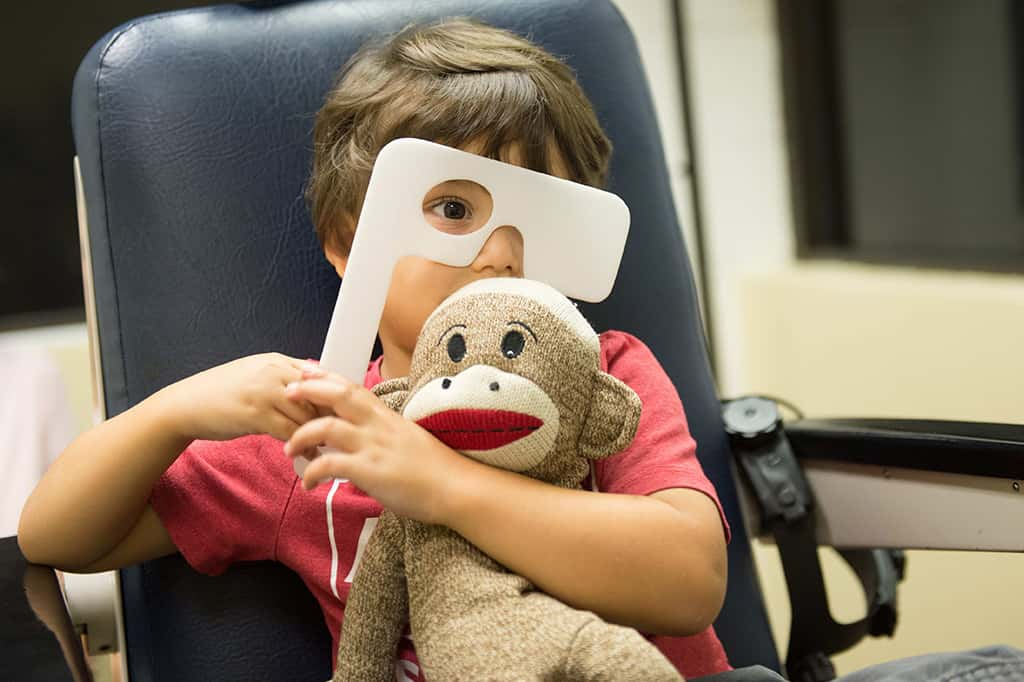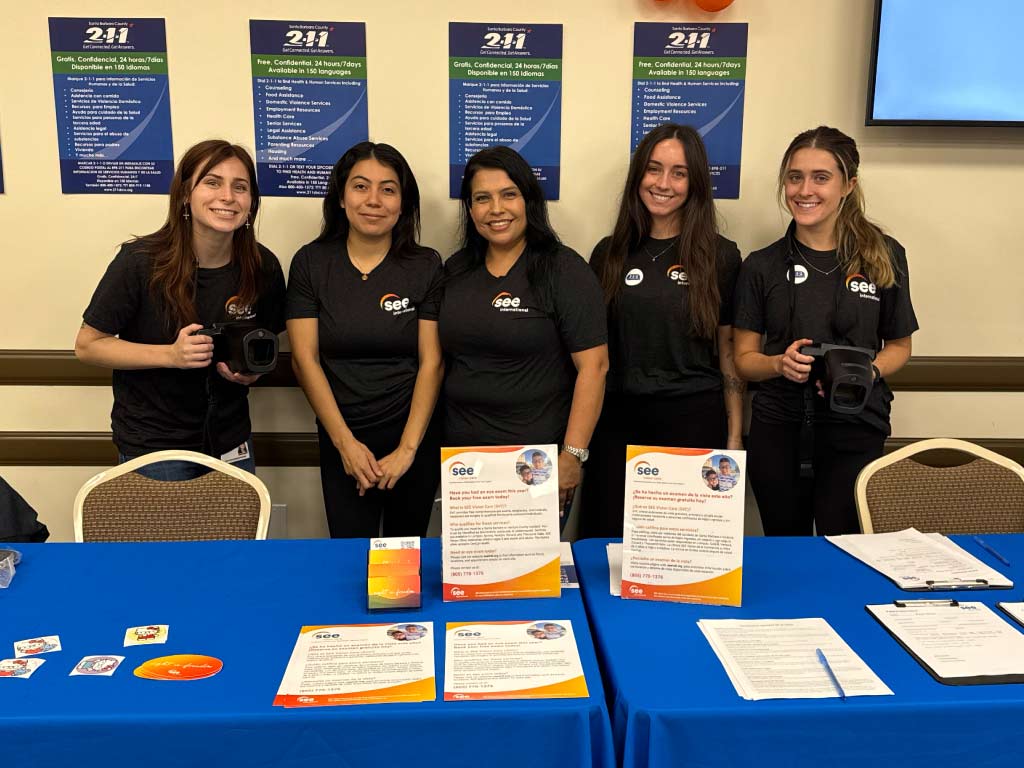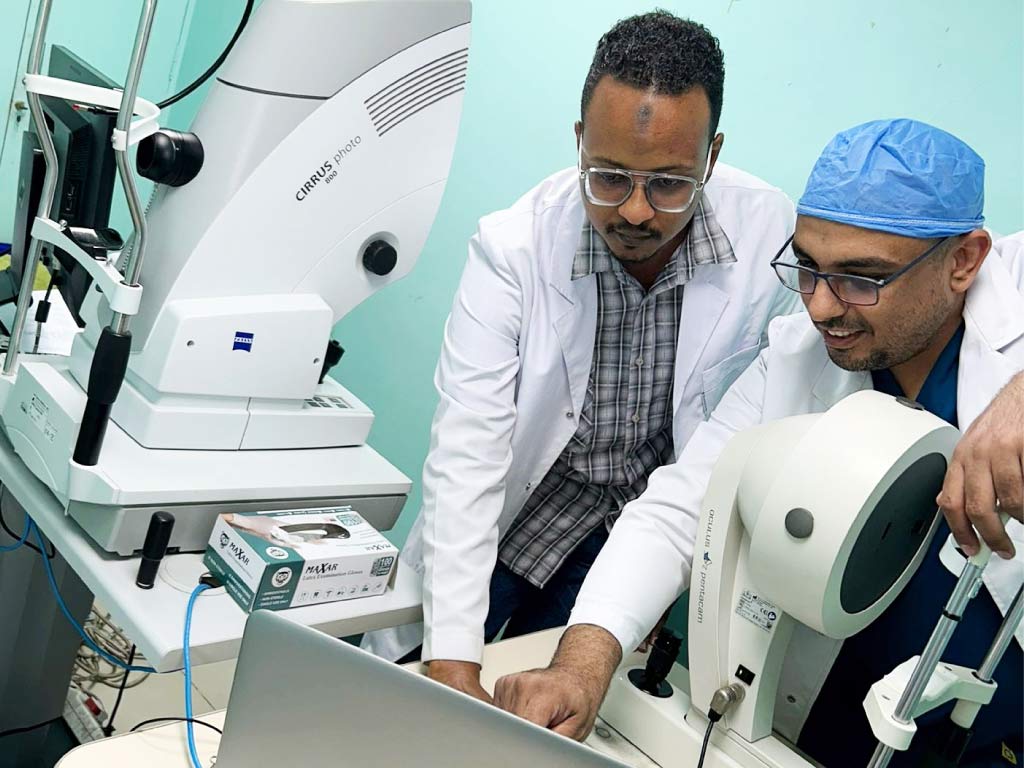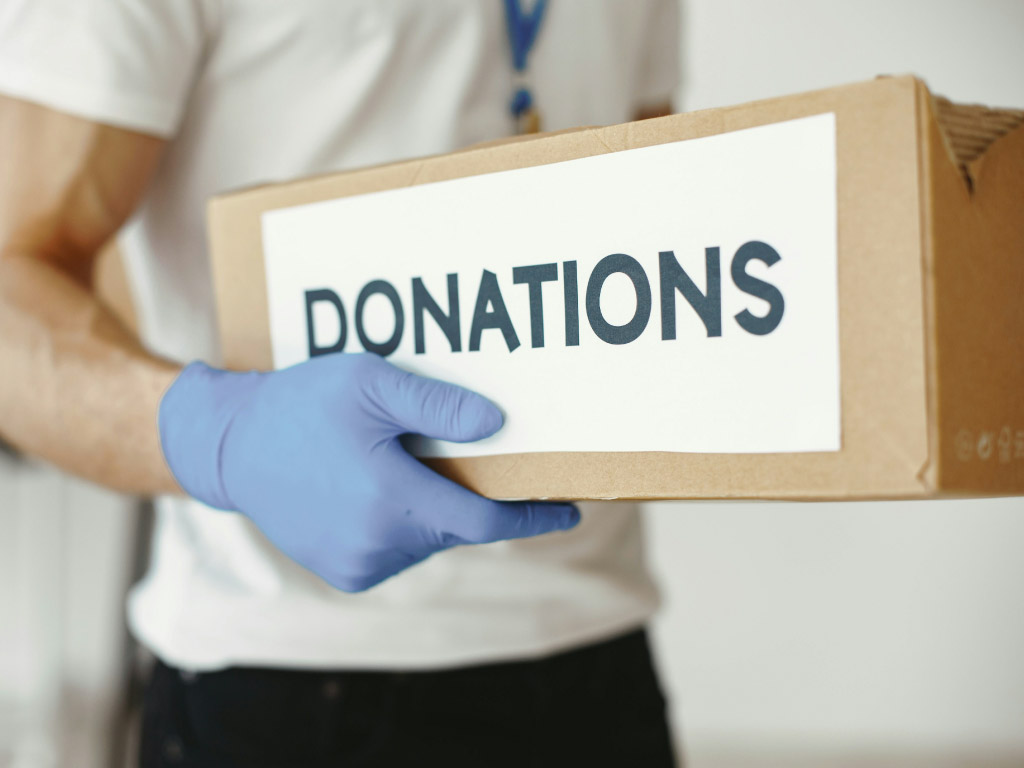Help restore sight to someone in need.
Help restore sight to someone in need.
SEE provides free sight-restoring surgeries and essential eyecare to people who would otherwise not have access to these services. With our expert volunteer doctors and your donation, we can create a visibly brighter future.
SEE provides free sight-restoring surgeries and essential eyecare to people who would otherwise not have access to these services. With our expert volunteer doctors and your donation, we can create a visibly brighter future.
We work every day to help people SEE again.
SEE International is a non-profit humanitarian organization that seeks to provide eyecare services to anyone in need of them, regardless of their background or ability to pay.
Creating a Visibly Brighter Future Since 1974
5,000,000+
Patients Served
54
Countries Visited
750,000+
Surgeries Performed
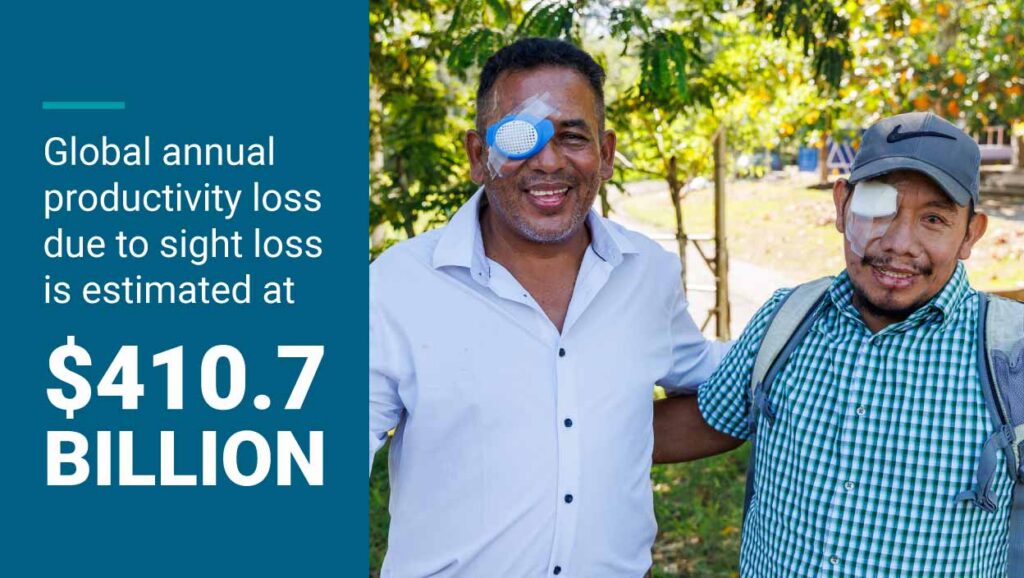
Invest in the global economy through sight restoration!
Eye health interventions deliver exceptional value with a $28 return per dollar invested—significantly outperforming other important health interventions.
That means every dollar you donate delivers impact that reaches far beyond a single patient or procedure.
Witness the incredible impact of sight restoration
At SEE International, we witness firsthand how restoring sight has a ripple effect that transforms
entire communities. Creating that kind of lasting impact requires strong collaboration.
Watch this video featuring our work in Jutiapa, Honduras, where like-minded organizations come together to make a real difference in the lives of those in need.
Get Our Monthly Updates
How SEE Changes Lives
We bring medical volunteers and partners together to care for the people who need it most. Our teams work side-by-side with local doctors and clinics to improve access to high-quality eyecare and surgery.
Together, we break the cycle of hardship that preventable blindness causes, making patients, families, and communities healthier and stronger.
Stories from the field
SEE Vision Care at the 4th Annual 2-1-1 Community Day Celebration
SEE’s Investment in the Future of Global Eyecare
Learn About Nonprofit Giving: Restricted vs. Unrestricted Funds
Your donation will save someone’s sight
Countries Served
SEE International works around the world with local partners, doctors and health officials to help end preventable blindness.
Click on the map below to learn more about blindness in the areas we serve and to see how we are making a difference. You can also visit our Countries Served Page.
#TogetherInSight
By joining together with your friends, family, and coworkers you can increase your impact exponentially. Learn how to become a SEE International advocate and fundraise to end preventable blindness.
Start Your Fundraiser
Change starts with one person. Use your voice to help people in need gain access to sight-restoring care. We can help you get started.
Create FundraiserPartners In Sight
SEE’s corporate partners support our sight-restoring work so we can serve more people around the world.
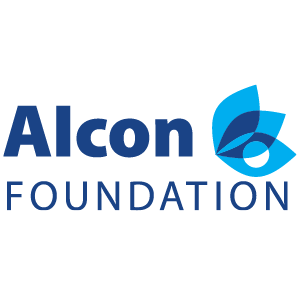






SEE Vision Care
Free eyecare in our local community
For over 40 years, SEE’s local clinics have provided comprehensive eyecare to people in need right here in our own community.
